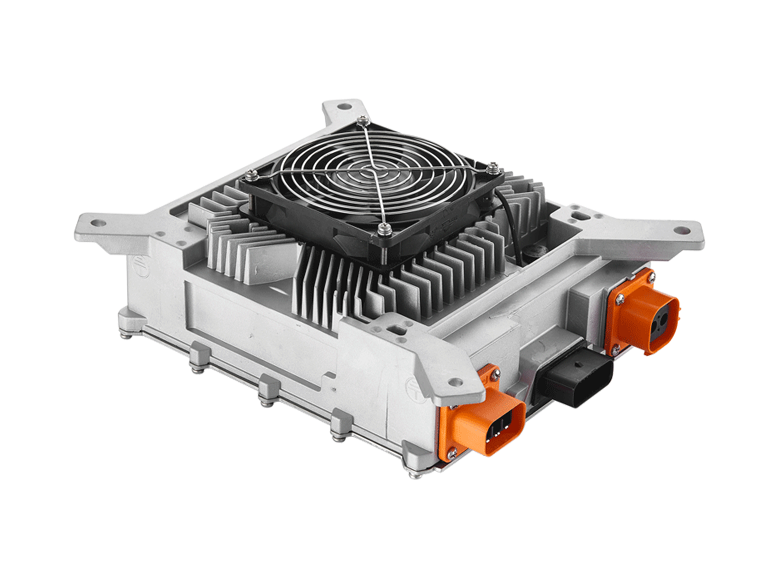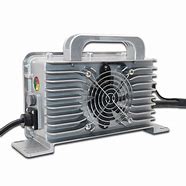Putting a charging station into your own home is incredibly convenient and simpler than most drivers assume.
The electric vehicle market is on the rise, according to a report from EEI. Researchers found that right now, there are more than 1.18 million electric vehicles on American roads, and sales have increased dramatically year over year. 2018 saw an 81% rise in EV sales compared to 2017, and sales rose 10% during the first quarter of 2019, around 61,000 people bought EVs.
One of the first steps for these drivers, as well as those looking at an EV purchase in the near future, is installing a charger. Putting a charging station into your own home is incredibly convenient and simpler than most drivers assume.
Let's take a look at a few things you should know about installing an EV charger at your residence.

1. Understand How It Works
Before you put one of these advanced pieces of technology into your home, it is good to have a basic understanding of how it functions. As Green Tech Media contributor Tom Konrad pointed out, a home charging station, or "electric vehicle supply equipment," does not actually charge your car. Instead, the station provides traditional household alternating current to your car's on-board charger, which then converts it to direct current and stores it in your car's battery.
There are different types of chargers that support different levels and speed of charging. It's important for drivers to look into their options to ensure that they have the power they need at home but don't overestimate their requirements.
2. Consider the Different Level Chargers
Currently, there are three levels of chargers on the market. As Consumer Reports noted, Level 1 and Level 2 chargers are ideal for residential installations. Level 3 chargers, on the other hand, are very high voltage, fast-charging stations that can be quite expensive and aren't well-suited for home use. In addition, the regular utilization of a Level 3 charger can damage the EV's battery.
A Level 1 charger is a great home option, as it plugs right into a traditional 120-volt electrical outlet. This makes it extremely simple to plug in and charge your EV at home, but this lower voltage level means charging can take much longer - 20 hours or more for a fully electric vehicle or 7-plus hours for a hybrid. These are best for topping off your battery and not necessarily providing a regular, full charge.
A Level 2 charger, on the other hand, is a 240-volt station that can provide an output of up to 32 amps. This means a Level 2 can provide a full charge about five times faster, compared to a Level 1 charger.
When selecting a charger, consider the type of vehicle you have, how often you drive, the distance you travel, and how quickly you need to charge your car's battery.

3. The Cost of Home Charging and Utilities
When it comes to cost, drivers should think about not only the price of the charging station itself but also the cost of electricity.
According to the U.S. Office of Energy Efficiency & Renewable Energy, the national average price of energy utility is about 12.6 cents/kwh.
"[F]ully charging an all-electric vehicle with a 100 mile range and depleted battery would only cost about the same as operating an average central air conditioner for six hours." The Office of Energy Efficiency stated.
Next:9 Quick Tips for Owning an Electric Vehicle
Previous:Top 3 Benefits of Charging Your EV at Home
Contact Person: Miss. Kiki
| WhatsApp : | +8617763224709 |
|---|---|
| Skype : | +8617763224709 |
| WeChat : | +8617763224709 |
| Email : | kiki@lifepo4-battery.com |